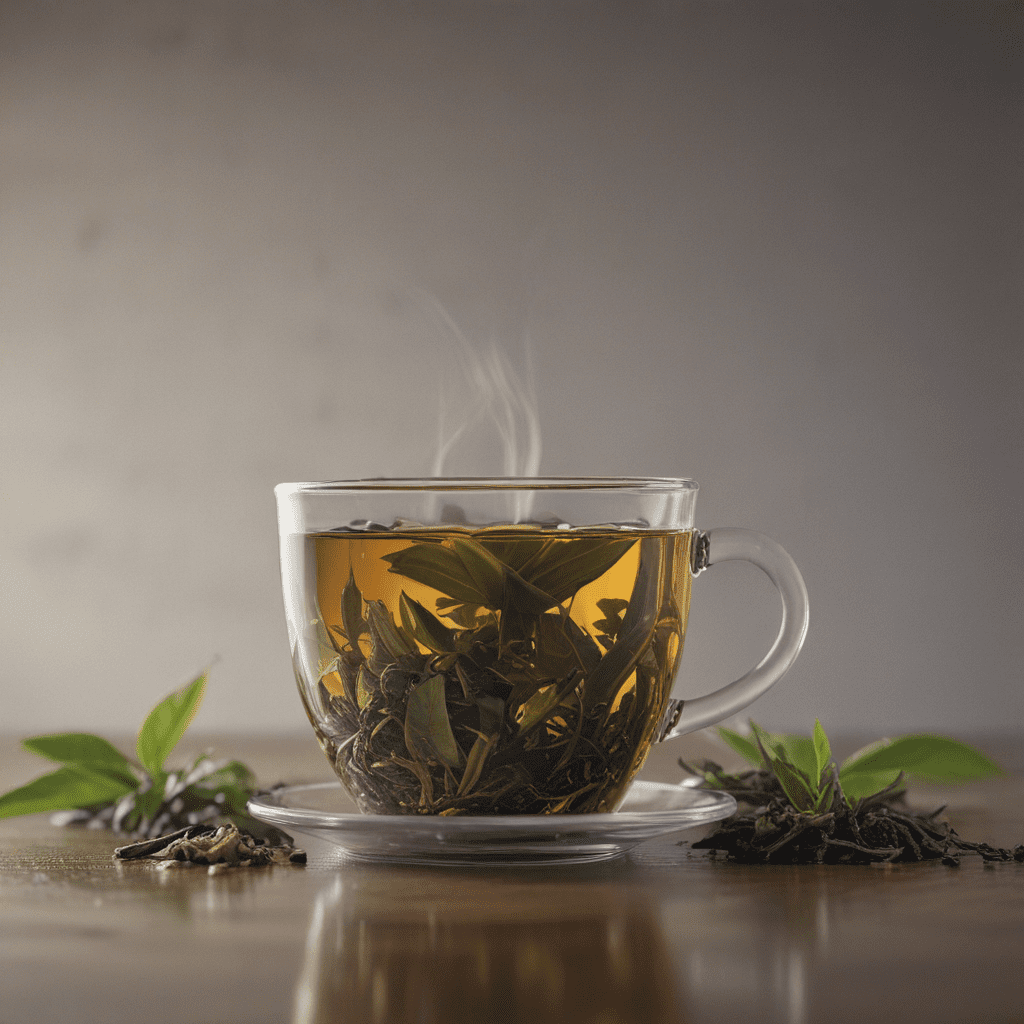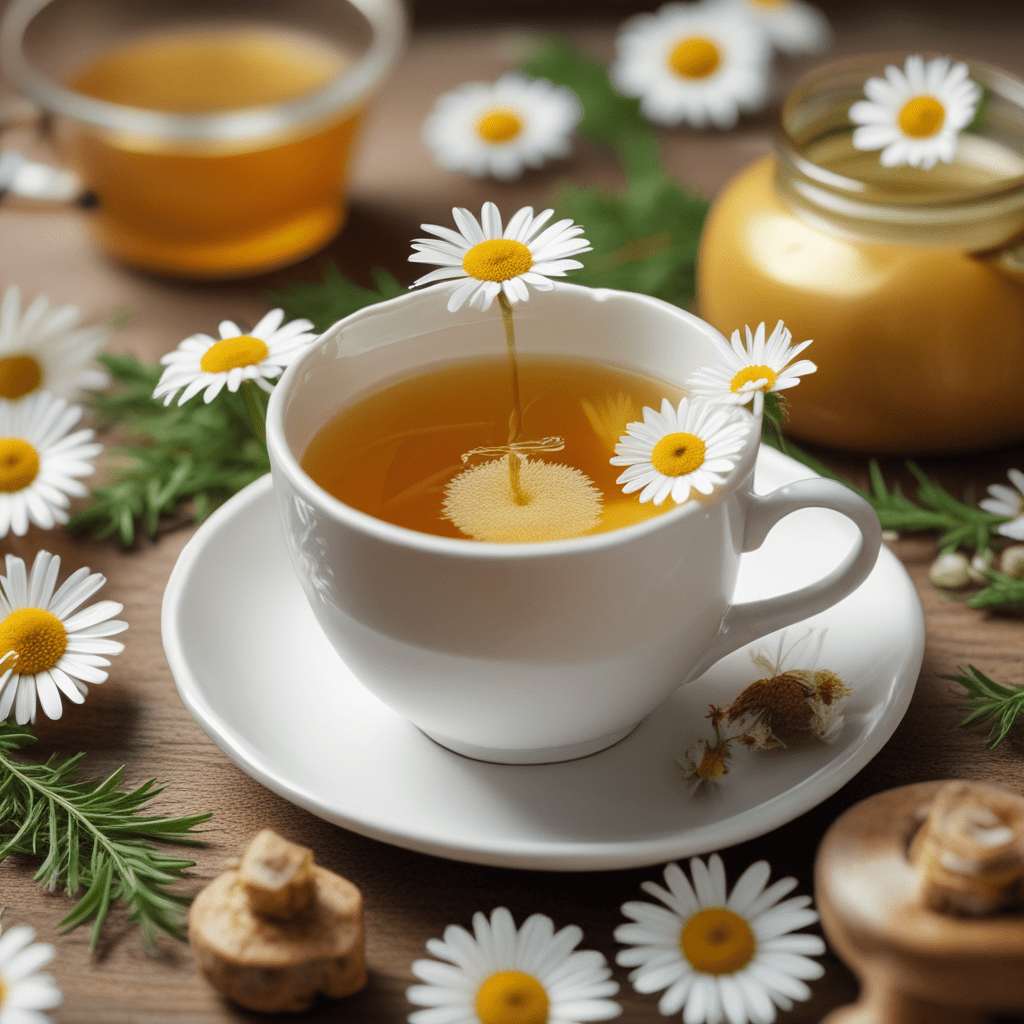
Unveiling the Contrasts: Black Tea vs Green Tea Demystified for Tea Enthusiasts
Understanding the Basics of Black Tea and Green Tea
Black tea and green tea are both derived from the leaves of the Camellia sinensis plant. The key difference between them lies in the processing methods.
Exploring the Production Process
Black tea undergoes oxidation, which changes the leaf color to black and enhances the flavor, while green tea is minimally oxidized, retaining its natural green color and delicate taste.
Flavor Profile and Aroma
Black tea offers bold and robust flavors with a malty or smoky aroma, while green tea boasts a grassy, vegetal, or even floral flavor with a fresh, light aroma.
Caffeine Content
Black tea generally contains more caffeine than green tea. However, the actual caffeine content can vary based on factors such as brewing time and water temperature.
Health Benefits and Nutritional Value
Both black and green teas are rich in antioxidants, but green tea has higher levels of catechins, which are believed to have more potent health benefits. Black tea, on the other hand, may have benefits for heart health and reducing the risk of stroke.
FAQ: Black Tea vs Green Tea
1. Which tea has a higher caffeine content, black tea or green tea?
2. Are the antioxidant levels significantly different between black tea and green tea?
3. Do the processing methods affect the overall health benefits of the teas?
4. How does the flavor profile of black tea and green tea influence their respective uses in cooking and baking?

